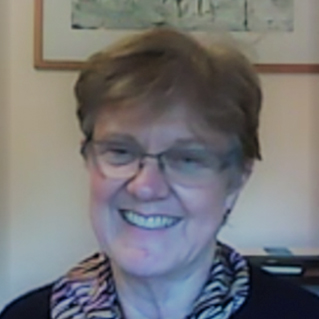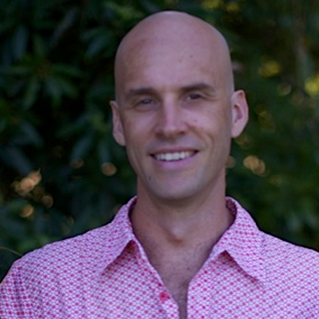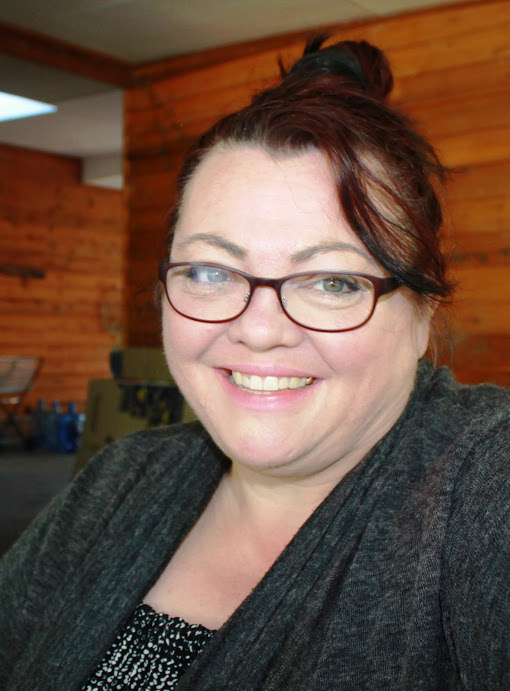STRENGTHENING COMMUNITY ENGAGEMENT IN
QUALITY IMPROVEMENT PROCESSES
Research Program 1 aims to develop, refine and test methods, tools and strategies for effective consumer and community engagement in quality improvement processes to enhance service responsiveness to community and consumer needs and improve health care outcomes.
Background
There is now compelling evidence that limited community engagement is a critical barrier to greater advances in quality of care and health outcomes. Analysis of data from the Audit and Best Practice for Chronic Disease (ABCD) & Engaging Stakeholders in Identifying Priority Evidence-Practice Gaps and Strategies for Improvement (ESP) projects showed that inadequate community engagement was a barrier to addressing gaps in care and improving health outcomes. There is increasing recognition, nationally and internationally, of the importance of delivering person-centred and family-centred care, and the value of capturing patient experience to achieve this. The Australian Commission on Safety and Quality in Health Care requires services to collect patient perspectives to meet accreditation standards. However, the tools available are not appropriate for use in Aboriginal and Torres Strait Islander primary healthcare, as they do not reflect Aboriginal and Torres Strait Islander values or concepts of quality care. Engaging patients and community members in quality improvement processes is thus vital, but there is little evidence with which to drive improvements. It is clear that these processes must be underpinned by an understanding of Aboriginal and Torres Strait Islander worldviews and ways of knowing, being and doing.
Program description
Research Program 1 aims to develop, refine and test methods, tools and strategies for effective consumer and community engagement in quality improvement processes to enhance service responsiveness to community and consumer needs and improve health care outcomes. Key learnings and opportunities for further development will be synthesised across projects in this program to produce new knowledge along the following objectives: i) to improve community input, from patients’ voices to governance processes; ii) to provide evidence for the effectiveness of interventions aimed at enhancing community input; iii) to synthesise lessons learned & implications for policy and practice across projects to support research translation and improve quality of care.
Current projects
WOmen's action for Mums and Bubs (WOMB)
Funded by NHMRC #1146013, 2018-22.
CI Larkins & CI Felton-Busch (co-leads), Taylor, CI Cadet-James, CI Bailie, Farmer, CI Passey, CI Matthews, Callander, Evans.
Summary:
A cluster-randomised stepped-wedge trail of participatory women’s groups (PWGs) in improve Indigenous maternal and child health. Tests the effectiveness and cost-effectiveness of PWGs in improving quality of care and intermediate health outcomes.
Resources:
Health from the Grassroots: consulting community about health and research priorities
Phase 1: funded by University Centre for Rural Health, 2018-19. Phase 2: NHMRC Ideas Grant in development, 2019-25.
CI Matthews, AI Walke, Edwards, Hart, Parker-Pavlovic, AI Conte, CI Passey.
Summary:
Phase 1 will involve an extensive consultation with Bundjalung and Yaegl communities to identify health research priorities, identify gaps in quality care and develop solutions. Phase 2, in partnership with community, will develop interventions to improve care and funding applications to test these interventions.
Resources:
VOICE – Validating Outcomes by Including Consumer Experience: Developing a Patient Reported Experience Measure for Aboriginal and Torres Strait Islander people accessing primary health care
Funded by MRFF #2007341, 2021-25
CI Passey, AI Walke, CI Bainbridge, CI Bailie, Silver, CI Larkins, Langham, Wingate, AI Burgess, AI Taylor, CI Felton-Busch, Fraser, Thomas, Swaminathan, Smorgon, Young, Tuala, AI Askew, Quayle, Patel, Ramanathan.
Summary:
This project will design, pilot and validate Indigenous-specific patient experience tools for use in Indigenous PHC settings in Australia; then test their usability using a CQI approach, in a cluster-randomised trial.
Resources:
Seed-funded projects
Projects under development
Transitioning from government to community-controlled service delivery
Funded by QLD Health and Torres Health, 2018-2019. Further applications under development.
CI McCalman, CI Bainbridge, CI Cadet-James, CI Felton-Busch, AI Burgess.
Summary:
Many Indigenous health services are transitioning from government to community control. This project will use case study methodology to assess how to optimise this process so services can best respond to client and community needs.
Resources:
Completed projects
Aremelle Arratyenye-ileme – Doing It Right: Research knowledge generation and translation in Central Australia
Funded by The Lowitja Institute, 2017-19.
Silver, CI Bailie, CI Matthews, McCarthy, Highfold, Lechiethner, Murray, McKenzie, Sharpe, Buckland, D’Antoine.
Summary:
Led by Central Australian Aboriginal Congress, this project is working with ACCHO service boards to translate community-identified research values to practice.
Resources:

CATRINA FELTON-BUSCH (JCU)
A Yangaal and Gangalidda woman from Mornington Island, Catrina Felton-Busch currently lives on Kalkadoon country in north-western Queensland and works at the Centre for Rural and Remote Health, James Cook University as Associate Professor Remote Indigenous Health and Workforce. She has 20 years’ experience in Indigenous health, particularly community engagement in rural and remote Australia and workforce development with a special interest in upskilling Aboriginal Health Workers as a crucial primary health care workforce. CI Felton-Busch has a Bachelor of Arts (Monash University, 1993), Master of Public Health (JCU, 2008), Grad. Cert. PHC Research (JCU, 2012) and is currently a Doctor of Philosophy candidate, undertaking studies into her home community of Mornington Island around birthing experiences and community aspirations. Catrina is a qualitative researcher whose research interests lie within projects that provide the opportunity to be engaged in work that is aligned with her personal commitment to improving the lives of her own people. Her work is informed by research methodologies that reflect Indigenous epistemologies, ontologies and axiologies (our ways of knowing, being and doing) and advance international indigenous scholarship.

MEGAN PASSEY (UCRH)
Megan Passey is Director of Research at the University Centre for Rural Health (University of Sydney), and the former Director of the Australian Rural Health Research Collaboration (ARHRC) (2014–17). After seven years working with the PNG Institute of Medical Research, Megan returned to Australia to undertake research and evaluation within the health system. She then moved to academia in 2006, completed her PhD in 2014 and since then has been continuously funded by research fellowships. Megan leads a significant health services research program in the prevention and management of chronic disease, focusing on rural and Aboriginal populations in order to contribute to reducing health inequalities. Her current and recent projects include: smoking cessation by pregnant Aboriginal women; reducing tobacco harm during pregnancy, infancy and early childhood; improving smoking cessation support in routine antenatal care; reducing potentially preventable hospitalisations; improving Aboriginal maternal and child health care by increasing engagement with women’s groups in service planning; improving dementia care for Aboriginal peoples; and the economic impacts of premature retirement due to chronic disease on patients and their carers.

PAUL BURGESS (NT Govt)
Dr Paul Burgess is a jointly qualified General Practitioner and Public Health Physician with 18 years of experience in remote primary health care in the Northern Territory. He is active in senior clinical governance roles in the NT and nationally, advising on significant PHC reforms. He brings to STRIDE significant skills in continuous quality improvement; data-driven health care improvement; community engagement and development; health services research and evaluation; health strategy and planning; chronic conditions care; and health workforce reform.

EMMA WALKE (UCRH)
Emma Walke is a Bundjalung woman from the Ballina, Cabbage Tree Island areas of Northern NSW. In her combined roles as academic lead of Aboriginal Health Education at the University Centre for Rural Health and Head of Indigenous Health – Sydney Medical School, both at the University of Sydney, Emma works with medical and allied health students from New South Wales, Queensland and Canberra to impress the importance of understanding, care, listening and non-judgment when providing health care services to Aboriginal and/or Torres Strait Islander people. She has worked on over 22 research and evaluation projects since 2011, and has completed a Master of Philosophy (Med), studying the experience of Aboriginal and or Torres Strait Islander peoples use of DAAs on the North Coast of NSW.